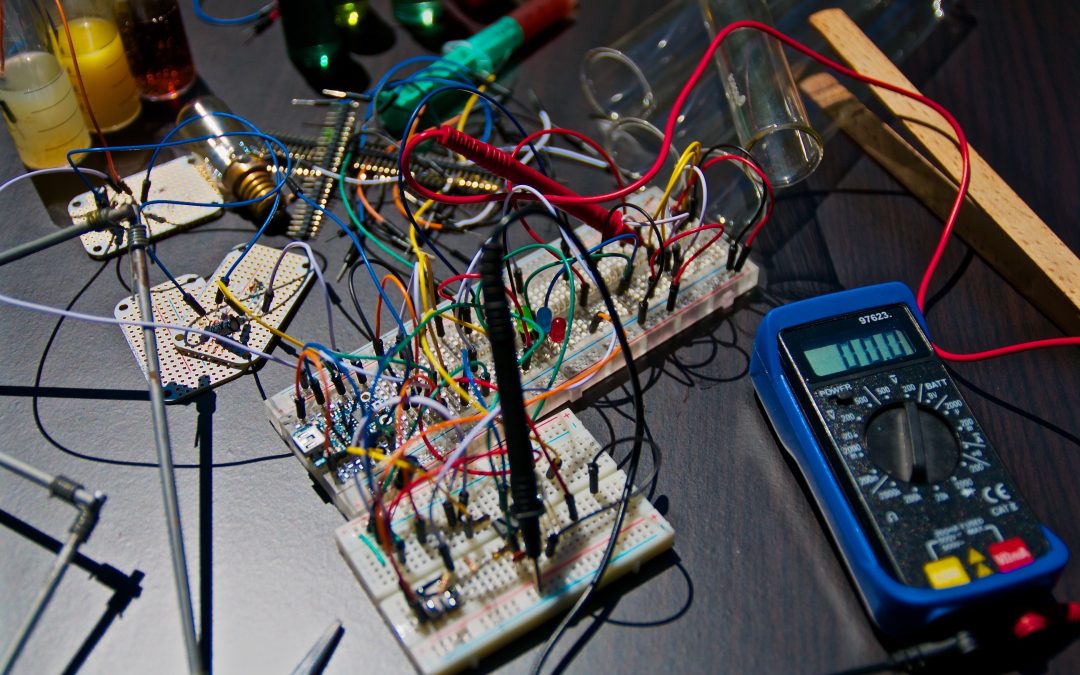You might expect that a domestic electrician can take on the role of commercial electricians and visa-versa, but this certainly isn’t true. Yes, each professional has recognised qualifications, but they specialise in very different areas, with additional knowledge and experience. Therefore, you need to know the difference in electrical contractors to be confident you are hiring the right person for the job.
In either setting, the wiring regulations, load demands, and material classes differ. A domestic electrician can install electricity, carry out electrical appliance installation, put in wiring for lights, and conduct repairs in your home.
Commercial electricians work in small and large commercial and industrial environments such as hospitals, shopping centres, schools, and factories. They will be able to carry out electrical installation, testing, maintenance, and work on security equipment.
Domestic Electricians
Domestic electrician services cover dwellings such as flats, houses, and bungalows. These buildings run on a single-phase power supply of 230 volts ac. Cabling is standard PVC sheathed cabling, which is small, thin, flexible wiring with a live, neutral, and earth wire. These are donated with a brown wire for the live, a blue wire for the neutral, and a green and yellow wire for the earth.
A domestic electrician works with systems suitable for running household appliances, such as refrigerators, freezers, air conditioning, washers, dryers, TVs, and dishwashers.
The typical jobs a domestic electrician might undertake include upgrading your home’s fusebox, carrying out an electrical safety and inspection report, and searching for electrical faults after a residual-current circuit breaker has tripped.
Commerical Electricians
Commercial electricians are qualified professionals who work in industrial and commercial workplaces. Examples of these include data centres, offices, retail shops, restaurants, schools, agricultural sites, factories, and warehouses. They might work on complex systems in server rooms or install UPS systems, industrial control panels, industrial lighting, or backup generators.
Commercial electricians are responsible for checking these places are safe and ensure compliance with relevant electrical standards. These standards may differ depending on the machinery or appliance involved.
Commercial electricians also ensure approved codes of practice are followed, and they are required to work to The Electricity at Work Regulations 1989. All of these standards are different from those that cover premises in which a domestic electrician will work.
Commercial electrical companies have professionals who work on the three-phase power supply of 400 volts ac. The cable types vary significantly with examples including steel wired armoured cable, fireproof cable, low smoke zero halogens, and mineral insulated cable.
Your company will need this type of technician to conduct an Electrical Installation Condition Report (EICR) or Portable appliance testing (PAT). They typically respond to callouts and are trained in fault finding in complex or expansive systems. The job might include carrying out new build installations with wiring protection and conduits.
Before hiring domestic or commercial electricians, you should check they have the relevant national qualifications for the scope of work you need. They should have plenty of relevant experience and be able to provide quality assurance.


Recent Comments